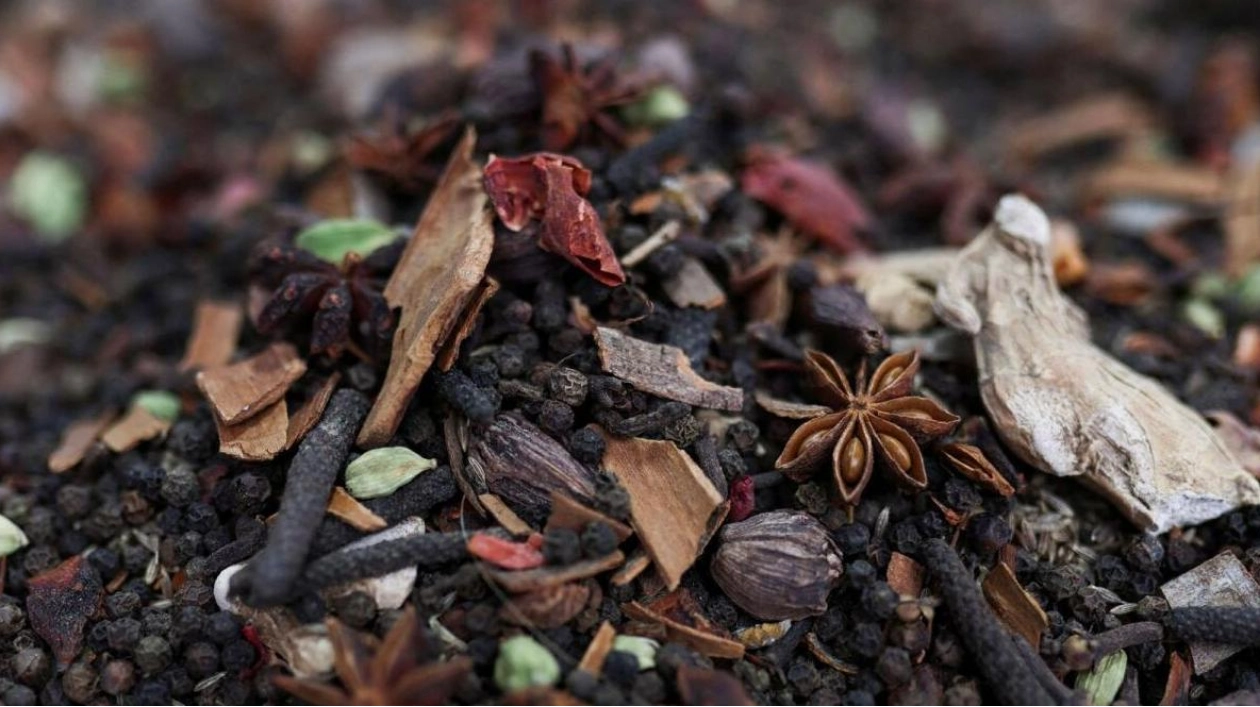Approximately 12 percent of spice samples tested did not adhere to quality and safety standards, as revealed by data sourced by Reuters from Indian authorities' tests following actions taken by several countries concerning contamination risks in two well-known brands.
The Food Safety and Standards Authority of India carried out inspections, sampling, and testing of mixed spice blends after Hong Kong halted sales of certain blends from the MDH and Everest brands in April due to high pesticide levels. Subsequently, Britain intensified controls on all Indian spice imports, while New Zealand, the United States, and Australia indicated they were investigating issues related to these brands. MDH and Everest have asserted that their products are safe for consumption and are among the most popular in India, which is the largest exporter, producer, and consumer of spices globally. These spices are also sold in Europe, Asia, and North America.
Data obtained by Reuters under India's Right to Information Act shows that out of 4,054 samples tested between May and early July, 474 failed to meet quality and safety criteria. The safety agency informed Reuters that it did not have specific data by brands but was taking appropriate action against implicated companies. 'Action on non-conforming samples has been taken as stipulated,' it stated, referring to penalty provisions under Indian law, without providing further details. Reuters' request for reports on failed samples was declined, with the agency stating that such reports were not available.
India's domestic spice market was valued at $10.44 billion in 2022, according to Zion Market Research. Its exports of spices and spice products reached a record $4.46 billion in the fiscal year ending in March.






